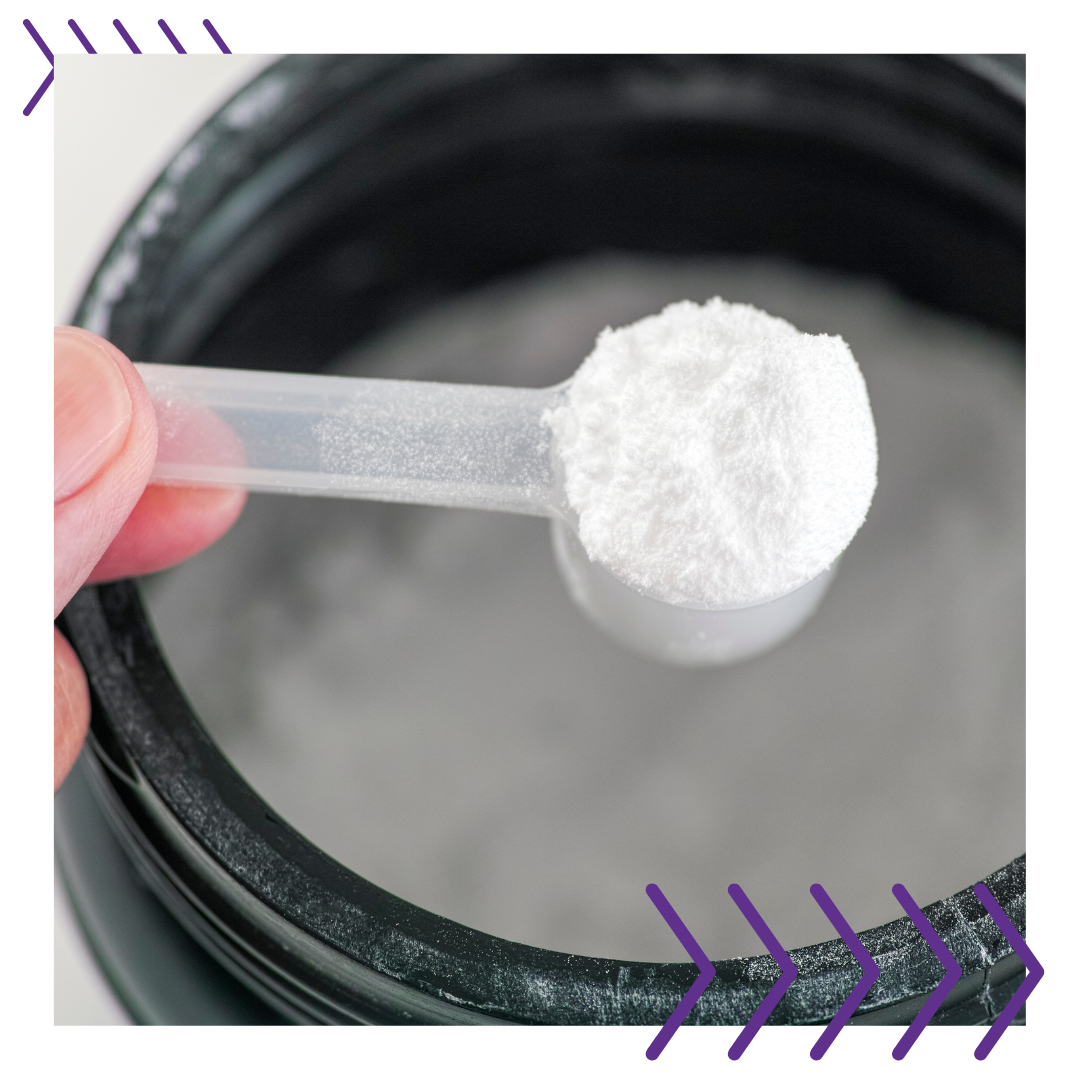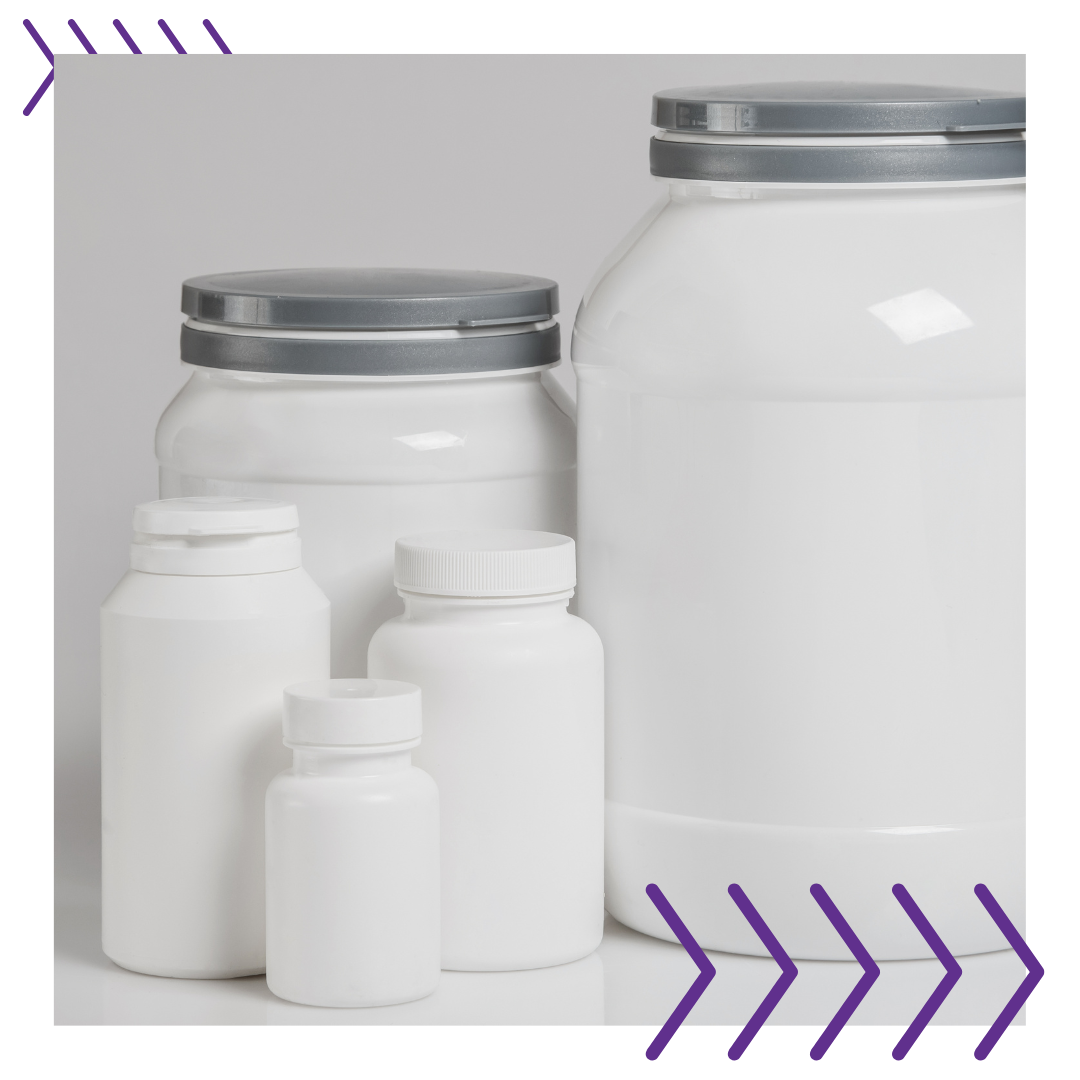Compliance with FDA regulations is a critical part of the dietary supplement industry. It protects consumers, ensures market stability, and preserves the company's reputation. Businesses that prioritize formula reviews, accurate labeling, substantiated claims, and rigorous verification processes are better positioned to succeed in this competitive and highly regulated market.
In addition, retailers and e-commerce platforms are beginning to enforce mandatory verification programs, to ensure product safety, regulatory compliance, and consumer trust. These programs require manufacturers and distributors of certain products to meet strict compliance standards before being allowed to sell in their store or on their e-commerce platform. This includes documentation requirements such as GMP evidence, product testing, label reviews, and third-party certification.
How can we help?
 |
 |
 |
|
Formulation Reviews |
Labeling |
Structure/Function Claims Substantiation |
Formulation Reviews
A formula review ensures that the ingredients and their concentrations are safe for consumption and compliant with FDA regulations. The Dietary Supplement Health and Education Act (DSHEA) permits certain ingredients but prohibits others. New dietary ingredients (NDIs) require a pre-market notification to the FDA with evidence of safety. Introducing unapproved or unsafe ingredients can result in legal and financial repercussions and endanger consumer health.
Labeling
Accurate and compliant labeling informs consumers and avoids misleading claims. Labels must include a Supplement Facts panel, ingredient list, net quantity, and appropriate warnings. Manufacturers must also adhere to allergen labeling requirements. Misbranded products can be seized by the FDA, and companies can face lawsuits for misleading consumers.
Structure/Function Claims Substantiation
Structure/function claims describe the product's role in supporting normal body structure or function (e.g., "supports immune health"). These claims must be truthful and not misleading. Claims must be substantiated by credible scientific evidence. The FDA requires notification within 30 days of marketing a product with such claims. Unsupported claims can result in regulatory enforcement and damage to the company’s reputation.
Frequently Asked Questions
Dietary supplement labels must include: Statement of Identity, Net Quantity of Contents, Supplement Facts Panel, Ingredients List, and Name and Place of Business of the manufacturer, packer, or distributor. Directions for Use and Warning Statements should also be included, if applicable.
The FDA has no formal definition of "natural" for dietary supplements, but the term shouldn't be misleading. Ingredients should not contain artificial or synthetic substances that wouldn't normally be expected in the product.
Yes, dietary supplements must not contain:
- Substances that are deemed unsafe (e.g., banned ingredients like ephedrine alkaloids).
- New Dietary Ingredients (NDIs) without FDA notification.
- Prescription drugs or substances regulated as drugs.
Claims must fall into one of these categories:
- Structure/Function Claims: Describes the role of a nutrient in the body (e.g., "Supports bone health").
- Nutrient Content Claims: States the level of a nutrient (e.g., "High in Vitamin C").
- Health Claims: Links a nutrient to a disease or health-related condition (must be FDA-approved).
Yes. If you use a structure/function claim, you must notify the FDA within 30 days of marketing the product. Include:
- The exact wording of the claim.
- Evidence that the claim is truthful and not misleading.
Manufacturers must follow 21 CFR Part 111, which covers:
- Proper design, monitoring, and control of manufacturing processes.
- Testing of raw materials and finished products.
- Recordkeeping and documentation.
 Skip to main content
Skip to main content